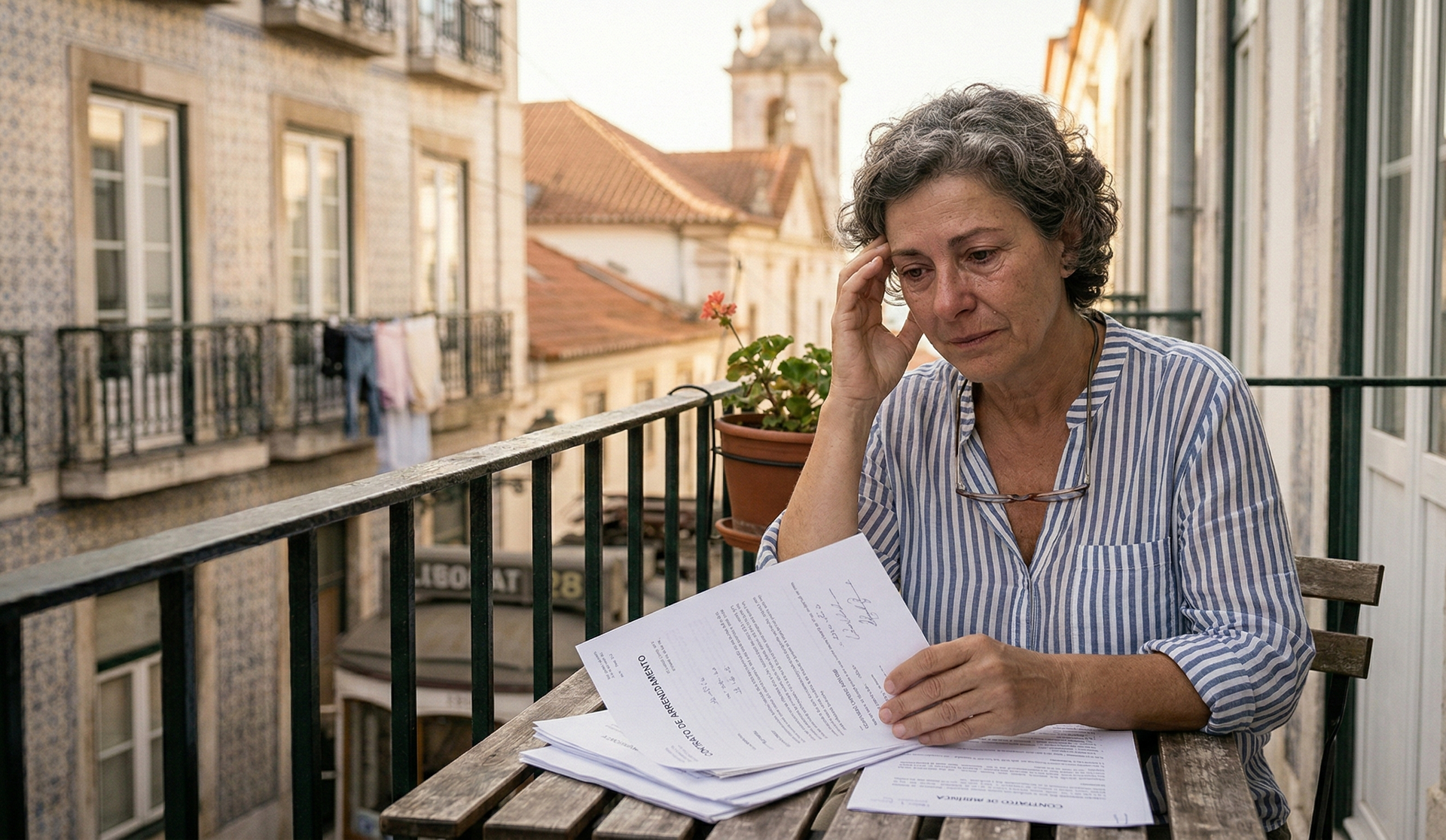Portuguese Nationality: How Community Ties Can Boost Your Application

Danielle Avidago | Immigration Consultant
When an individual considers securing European citizenship, one country often stands out: Portugal. Thanks to its welcoming policies, historical openness, and strong global community networks, Portugal has become a preferred choice for many. While legal pathways such as marriage, descent, or Sephardic Jewish ancestry are commonly discussed, there is a crucial requirement that often catches applicants by surprise: the need to demonstrate an effective connection to the Portuguese community.
But what does it mean to be “connected” to the Portuguese community? How can applicants prove it? And do all applicants need to demonstrate this connection?
Beyond bloodlines and legal ties
Portuguese nationality law recognises that simply having a Portuguese spouse or grandparent may not, by itself, be sufficient. The law requires proof that the applicant has built or maintained a meaningful relationship with Portuguese society. This concept of effective connection (ligação efetiva à comunidade Portuguesa) plays a central role in several nationality applications, particularly for spouses of Portuguese citizens, descendants of Sephardic Jews, and individuals who have resided in Portugal for extended periods, along with their children.
In contrast, if you have a Portuguese parent who is a citizen by origin or birth in Portugal, no connection to the Portuguese community is required.
Language as a gateway
One of the most widely accepted and often essential proofs of connection is A2-level proficiency in the Portuguese language. This can be demonstrated by taking and passing the CAPLE exam (Centro de Avaliação de Português Língua Estrangeira), officially recognised by the Portuguese authorities, or by completing an accredited Portuguese language course from a certified institution.
Moreover, suppose the applicant is a national of a Portuguese-speaking country and married to or living in a non-short-term union with a Portuguese citizen. In that case, the Public Prosecutor’s Office will often presume the existence of a connection to the national community.
Physical presence in Portugal
Another strong indicator of effective connection is physical presence in the country. Applicants who currently reside legally in Portugal for at least five years, have lived in Portugal in the past, attended school or university in Portugal, or own property in Portugal are generally regarded as having established tangible personal, educational, or financial ties with the country.
Even occasional or recurring visits to Portugal may support a claim of connection, particularly when combined with other forms of engagement.
Administrative and community involvement
Applicants can further strengthen their case by demonstrating ties with Portuguese institutions or communities. Examples include holding and using a Portuguese NIF (tax identification number), participating in Portuguese cultural associations or community centres, attending Portuguese-language classes or religious services, and supporting or being a member of Portuguese sports, social, or charitable organisations.
These actions show not only a legal basis for the application but also a genuine cultural and social investment.
When is connection mandatory?
It is important to clarify that demonstrating an effective connection to the Portuguese community is not always required for the application to be accepted by the Central Registry Office (IRN). However, in some cases, it is essential to prevent opposition from the Public Prosecutor’s Office, particularly in nationality applications based on marriage or long-term residence.
According to our experience, if there is no evident connection, the Public Prosecutor’s Office is likely to oppose the acquisition of nationality. This may result in a court case and delay or even prevent the approval of your application.
Important Note: With the upcoming proposals to change the Portuguese Nationality Law and Immigration Law, some alterations concerning the above details may occur. But we guarantee you that we are on top of these changes and will keep you informed.
Conclusion
Portugal’s approach to nationality reflects its broader cultural values of openness, identity, and social cohesion. While meeting the legal requirements is essential, the emphasis on effective connection shows that nationality is more than just a legal status; it is about belonging.
For prospective applicants, preparation must go beyond paperwork. It involves real engagement with the Portuguese language, culture, and society, whether through life in Portugal or through active involvement in the global Portuguese diaspora.
Legal advice can play a crucial role in identifying and documenting the best forms of connection in each case. As nationality procedures become more rigorous, a well-informed strategy and the support of an experienced legal team can make all the difference.










